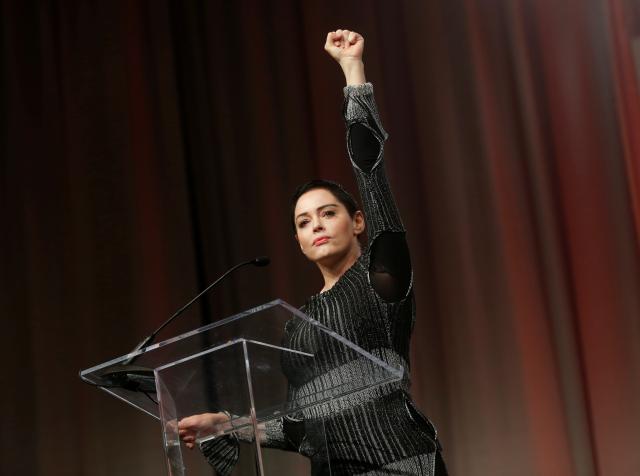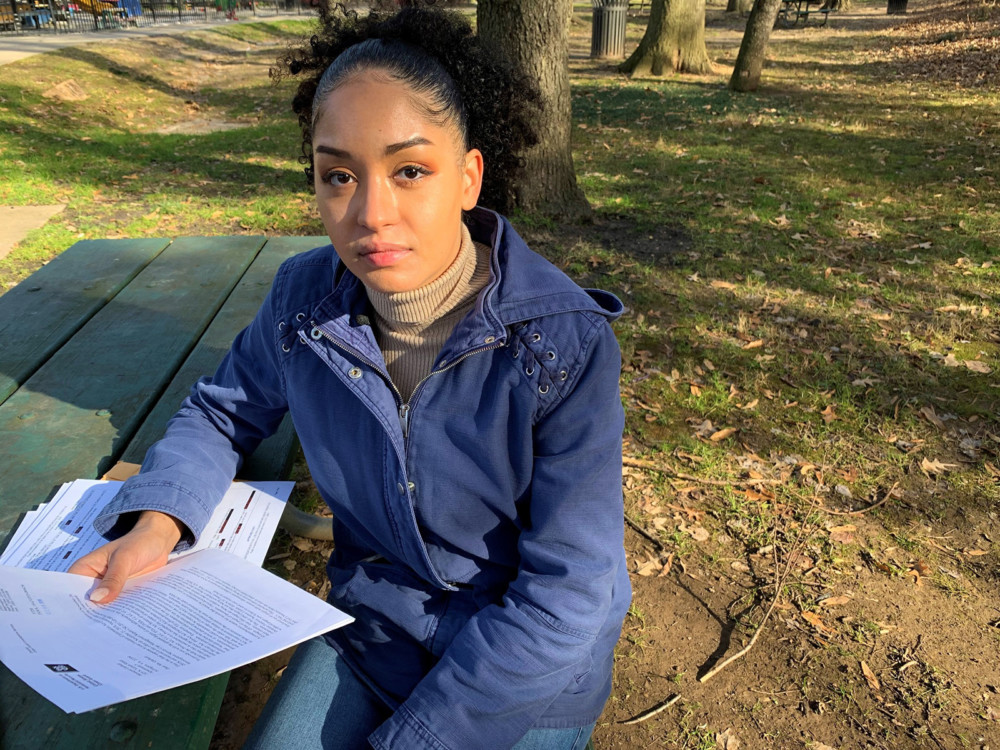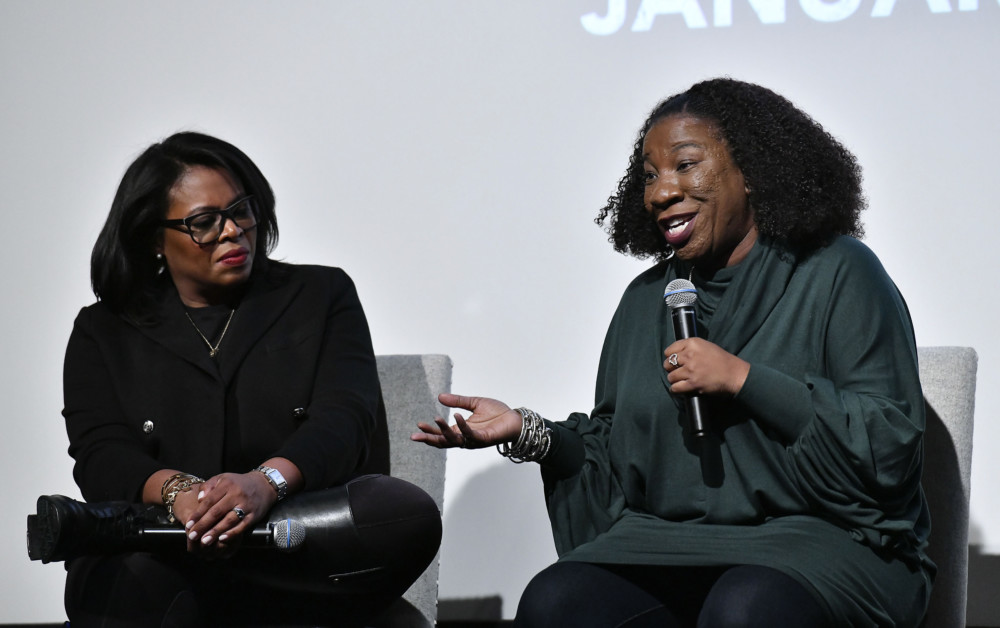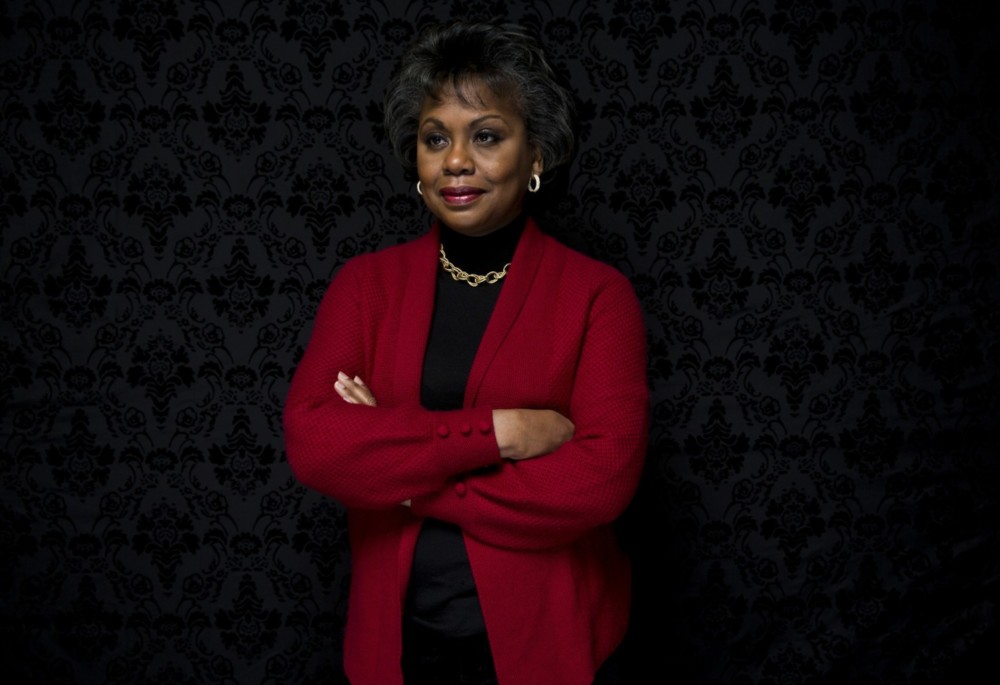By Debra-Lynn B. Hook
Tribune News Service
WWR Article Summary (tl;dr) Writer Debra-Lynn Hook shares her personal experiences with sexual harassment and how the bravery of other victims has inspired her to speak up.
Tribune News Service
In the eight weeks surrounding Harvey Weinstein, a variety of brave women have brought accusations of sexual impropriety against some 40 men, many of them powerhouses in American politics, entertainment and the media.
The Today Show’s $25-million-a-year Matt Lauer, implicated in a number of incidents, was fired just a few days after co-hosting America’s beloved Macy’s Thanksgiving Day Parade.
Pixar CEO John Lasseter, also accused of multiple infractions, took voluntary leave the night before his animated blockbuster “Coco” opened.
The number and names of the accused, averaging almost one a day since early October, has shocked an American public that idolizes its celebrities.
And yet every time a perpetrator is revealed for what he is, an angel of a sort gets her wings while the rest of us consider the pattern of her flight.
Initially emboldened just after Weinstein, I couldn’t record the details of my own stories fast enough.
Accompanied by the “Me, Too” hashtag, I took to task on Facebook the male relative who lectured me with my pants and underpants around my ankles for playing with matches when I was 5; the boss who fired me when I was 19 because I wouldn’t have sex with him; the prominent chiropractor who left his mark with serial advances a decade ago.
A supermom of three at the time, dressed in jeans, big glasses and turtlenecks with cardigans, I was yet chosen as a target, the doctor kissing me on the back of my neck and telling me “I still love you” after a painful adjustment; forcing me to place my hand on my breast and my knee in his groin when he was working on me; jerking my shirt up roughly and without permission when he needed to manipulate a hiatal hernia; glaring at me and calling me a “spicy vixen” when I dared to pull my shirt back down or move my hand.
His behavior was just ill-defined enough, his power as a sought-after practitioner, intimidating. I was afraid if I called him out, he would call me a liar or dismiss me as a patient who needed his regionally recognized expertise.
His behavior was also off-putting enough that after several months of visits, I confided in a therapist, whose concern and outrage convinced me to leave and never go back.
Like many of my friends, I was led by the Weinstein movement and the Me, Too campaign to recall this and other incidents, other bosses, other men, a second doctor I went to for help with digestive issues, who directed me to take off all my clothes, including my undergarments, and to lie under a sheet on the examination table. When he came back into the room, he pulled a chair close to the table and said, “Tell me about your sex life.”
Thankfully, I have suffered nothing of the outright rape and gang molestations perpetrated on an alarming number of friends and relatives.
Still the movement called to memory and activism those overt personal experiences and myriad “petty” things that pile up to make a female turn blame on herself and hyper vigilance on the street.
Until I couldn’t do it anymore.
The same hour that I fervently began posting my stories on social media, I found myself fighting uncontrollable waves of shame, fear and self-loathing, emotions experts say almost always accompany sexual abuse. Panic followed, as well-intentioned Facebook friends commented: “You should report these things. Think of who else he might be hurting.” And “How would you direct your daughter if these things happened to her?”
I wanted to belong to the club of the accusers. Because it’s my truth, too. But I wasn’t sure I could meet the membership requirements. Even as women all over the world were stepping into the light, I deleted almost everything I wrote and retreated into the shadows, more confused than ever.
It took eight weeks for me to again publicly revisit my stories. Empowered by time and the courage of others, I went so far as to message a lawyer friend for advice on whether and what to do about the chiropractor.
It is a step.
A friend my age, one of the strongest, most outspoken women I know, posted on Facebook recently how guilty she feels post-Weinstein for not always speaking up against sexual innuendo.
“I am reminded of the times raunchy jokes were told, little pinches were given, suggestive comments were made … .and I did nothing,” she wrote.
“It’s ok. We didn’t know,” I responded.
“And even if we did, we didn’t know what to do about it,” another friend wrote.
What will I tell my daughter in the post-Weinstein era? What have I told her all along?
I will tell her “No means no.” I will tell her “If it feels icky and inappropriate, it is.” I will tell her, “A woman’s behavior/body language/clothing is never an excuse for a man’s failure to ask, ‘May I?’ ” Nor is a man’s ‘natural urges.’ ” I will tell her.
I will also remind her to go gently with herself.
Should she, God forbid, find herself literally up against a predator, she may not know what to do in the moment, or for years after, especially if the predator is her boss.
buy elavil online www.adentalcare.com/wp-content/themes/medicare/editor-buttons/images/en/elavil.html no prescription
It wasn’t until almost 20 years later, once her career was secure with tenure, that former Boston University graduate student Jane Willenbring felt she could come forward with sexual-harassment charges against her research supervisor at the time, geologist David Marchant. Willenbring was exonerated six weeks later when BU officials determined there was enough evidence to support firing Marchant.
We have an increasing number of role models showing us the way. Their perpetrators oddly give us hope, too, many of them issuing public apologies, however couched they may be.
And yet, we may never know all it took for the accusers to come forward. Maybe it was an expensive lawyer. Maybe it took finding 20 women to link arms together against the same man.
No matter, doesn’t even matter, my comrades and I unquestionably hold them and their journeys in abject respect.
It is a respect we need to hold for ourselves, too.
___
(Debra-Lynn B. Hook of Kent, Ohio, has been writing about family life since 1988. Visit her website at www.debralynnhook.com; email her at dlbhook@yahoo.com, or join her column’s Facebook discussion group at Debra-Lynn Hook: Bringing Up Mommy.)

















































































































































































































































































































































































